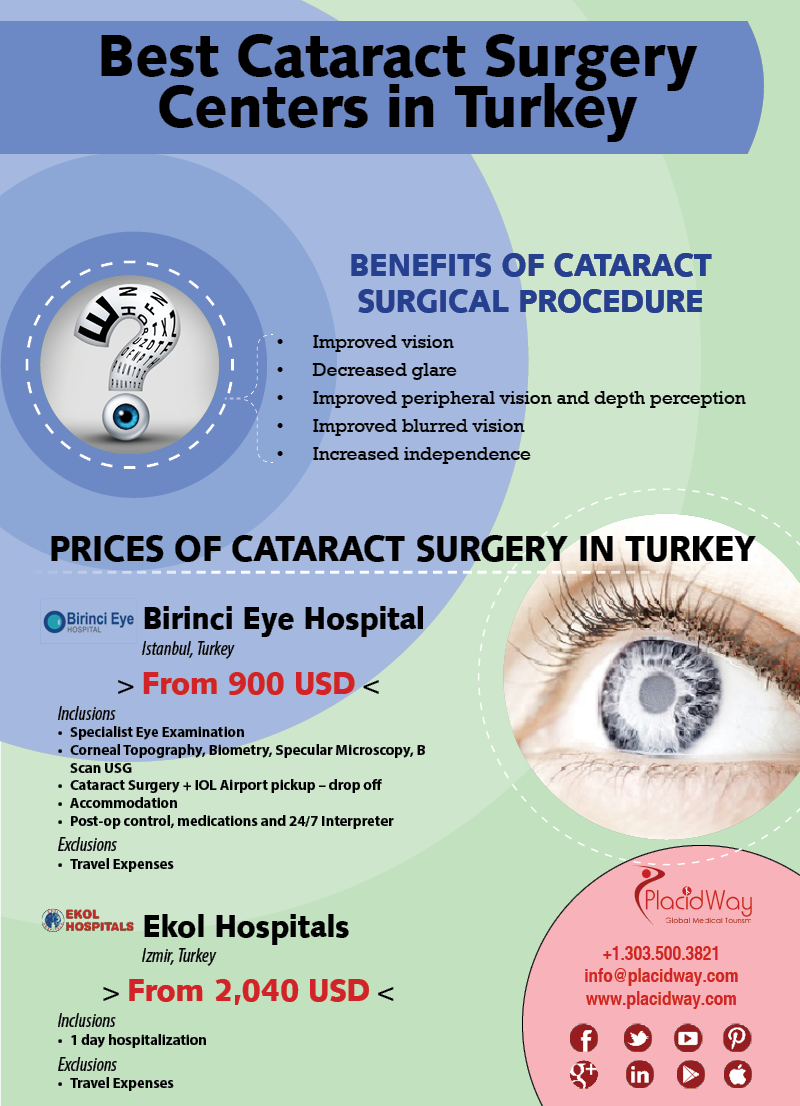Thinking About SMILE Surgical Procedure? Examine Important Components And Understandings That Can Equip You To Make An Informed Decision About Your Vision'S Future
Thinking About SMILE Surgical Procedure? Examine Important Components And Understandings That Can Equip You To Make An Informed Decision About Your Vision'S Future
Blog Article
Content Writer-McDowell Cochran
If you're considering SMILE eye surgery, consider this: are you prepared to accept possible visual flexibility, or does the idea of any type of risks make you hesitate? Your decision will depend upon a careful balance of evaluating the benefits against the unpredictabilities. It's vital to dig much deeper into the nuances of SMILE surgery to make an enlightened choice that lines up with your visual goals.
Understanding SMILE Eye Surgery
When taking into consideration SMILE Eye Surgical procedure, it is very important to understand the procedure and its advantages. SMILE, which stands for Little Incision Lenticule Extraction, is a minimally intrusive laser eye surgical treatment that fixes usual vision problems like myopia (nearsightedness).
During the treatment, your eye cosmetic surgeon will make use of a femtosecond laser to create a little incision in your cornea. Through this cut, a small disc of tissue called a lenticule is eliminated, improving the cornea and correcting your vision.
Among the vital advantages of SMILE Eye Surgical procedure is its fast recuperation time. Many clients experience enhanced vision within a day or two after the procedure, with minimal discomfort.
In addition, SMILE is known for its high success rate in providing long-term vision correction. Unlike LASIK, SMILE doesn't call for the development of a flap in the cornea, minimizing the risk of problems and enabling a much more steady corneal structure post-surgery.
Comprehending the procedure and its benefits is crucial when considering SMILE Eye Surgical treatment for vision improvement.
Pros and Cons of SMILE
Considering SMILE Eye Surgical procedure for vision modification comes with numerous benefits and potential disadvantages.
Among the primary pros of SMILE is its minimally invasive nature, as it involves a small cut and normally results in fast healing times. The procedure is likewise recognized for triggering very little pain and dry eye signs and symptoms post-surgery compared to other vision modification techniques. Furthermore, SMILE has actually been revealed to offer superb visual results, with several individuals accomplishing 20/20 vision or much better.
On at what stage can cataracts be removed , a potential con of SMILE is that it may not appropriate for individuals with serious refractive errors, as the treatment range is somewhat limited contrasted to LASIK. mouse click the up coming post to consider is that the understanding curve for specialists carrying out SMILE can impact the accessibility of knowledgeable providers in specific locations.
It is essential to consider these pros and cons thoroughly when deciding if SMILE is the right option for your vision improvement demands.
Determining Eligibility for SMILE
To establish if you're qualified for SMILE eye surgical procedure, your optometrist will certainly perform a detailed examination of your eye health and wellness and vision requirements. Throughout this assessment, variables such as the stability of your vision prescription, the thickness of your cornea, and the overall health of your eyes will certainly be analyzed.
Usually, prospects for SMILE are over 22 years old, have a secure vision prescription for at least a year, and have healthy corneas without problems like keratoconus.
Your optometrist will likewise consider your overall eye health, any type of existing eye problems, and your lifestyle needs to identify if SMILE is the right option for you. It's vital to interact any kind of certain visual requirements or concerns you may have during this assessment to guarantee that the therapy aligns with your expectations.
If you aren't eligible for SMILE, your optometrist may recommend alternate vision modification choices that much better suit your private needs and eye wellness condition.
Verdict
Inevitably, making a decision whether SMILE eye surgical treatment is right for you calls for careful consideration of your private eye health and visual needs. Seek advice from your ophthalmologist to establish your eligibility for the treatment and evaluate the possible benefits and disadvantages. Bear in mind to connect any type of issues or concerns you might have throughout the analysis procedure to make an informed decision about your vision improvement choices.
